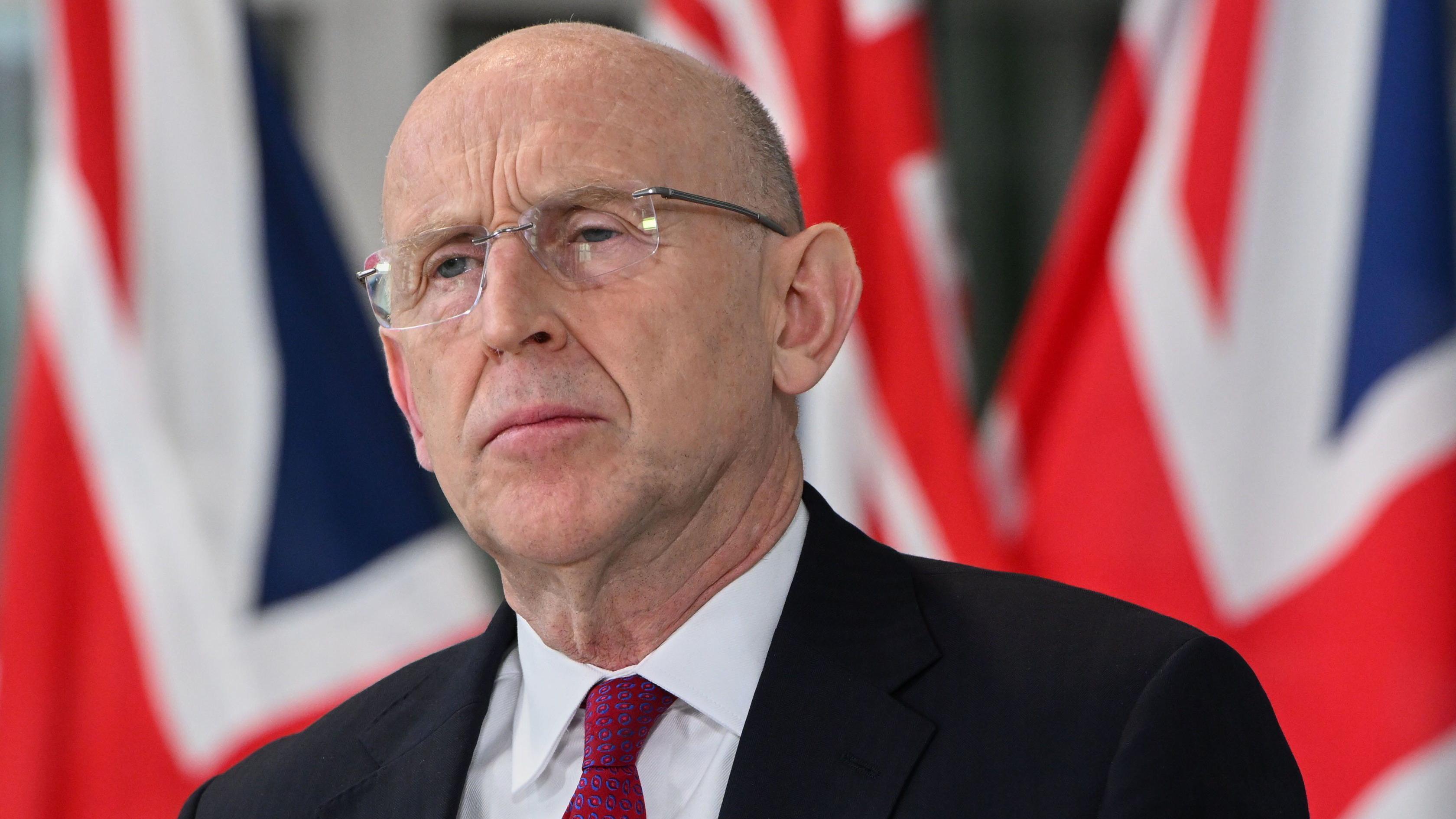
The Ministry of Defence (MoD) plans to invest over £1 billion in developing technologies aimed at accelerating decision-making processes on the battlefield.
The financial support will be among the outcomes of the government's eagerly awaited comprehensive defense review, set to be released entirely on Monday.
The government has pledged to raising defence spending to 2.5% of GDP starting from April 2027 With the aim of raising it to 3% during the upcoming parliament.
In February, the prime minister stated that reductions in the foreign aid budget would be utilized to finance the enhancement of military spending.
Presenting the findings of the evaluation, the Ministry of Defence announced that a new Digital Targeting Web will enhance the integration between troops on the battlefield and crucial data supplied by satellites, airplanes, and unmanned aerial vehicles, enabling quicker identification and engagement of adversary threats.
Defence Secretary John Healey stated that the technology unveiled in the review—which will utilize Artificial Intelligence (AI) and software—also underscores the insights gained from the conflict in Ukraine.
Ukraine is already employing artificial intelligence and software to accelerate the identification and targeting of Russian military positions.
The review was initiated by the recently established Labour government soon after last year's election with Healey calling it the "pioneering one."
The authorities stated that the results will be released during the first six months of 2025, though they didn’t specify an exact timeline.
Healey revealed this during his visit to the Ministry of Defence's cyber center in Corsham, Wiltshire.
The main base serves as the coordination center for the UK military's cyber operations, aimed at preventing and executing cyber attacks.
Defence officials said over the last two years the UK's military had faced more than 90,000 cyber-attacks by potential adversaries.
The attacks have been increasing in number and complexity, they noted.
The staff at Corsham mentioned that they have recently assisted in identifying and blocking malware that was directed towards UK military personnel who had lately come back from overseas duties.
They mentioned that the origin of the malware came from a "recognized entity linked to Russia."
Russia and China have both been associated with the rise in cyber-attacks.
Defense authorities have acknowledged that the UK armed forces have likewise been carrying out their own cyber-offensives.
Healey indicated that this demonstrated how the character of warfare was evolving.
"The keyboard has become a weapon of warfare, and we are addressing this," he stated.
He stated that the UK should become the most rapidly innovating military within the NATO alliance.
In line with the strategic defense review, the United Kingdom’s military cyber activities will come under the purview of a newly established Cyber and Electromagnetic Operations command.
The Ministry of Defence stated that the Command will be responsible for electronic warfare as well. This includes coordinating attempts to intercept enemy communication and jamming drones.
Healey stated that the additional funding being provided was feasible due to the government's "unprecedented pledge" to boost defense expenditure to 2.5% of GDP by 2027.
Nevertheless, NATO Secretary-General Mark Rutte is urging allied nations to boost their defense expenditures by over 3.5% of their GDP.
- The frightening new armament shifting the conflict in Ukraine
- "It’s set to get messy": Westminster prepares for the Spending Review
- The UK announces additional military aid of £450 million to Ukraine.
Post a Comment